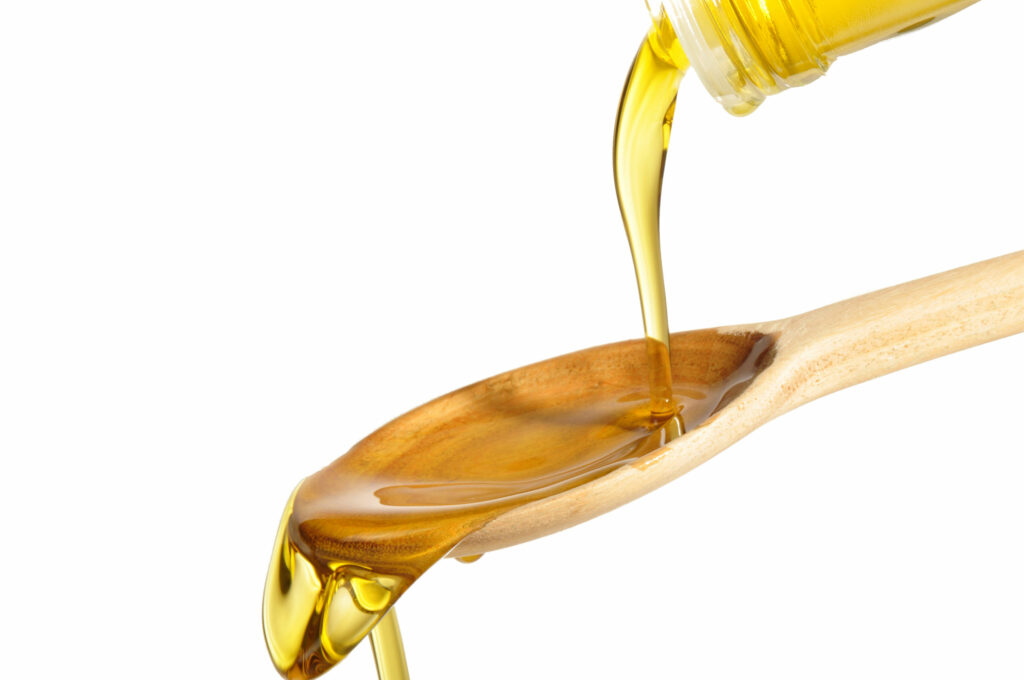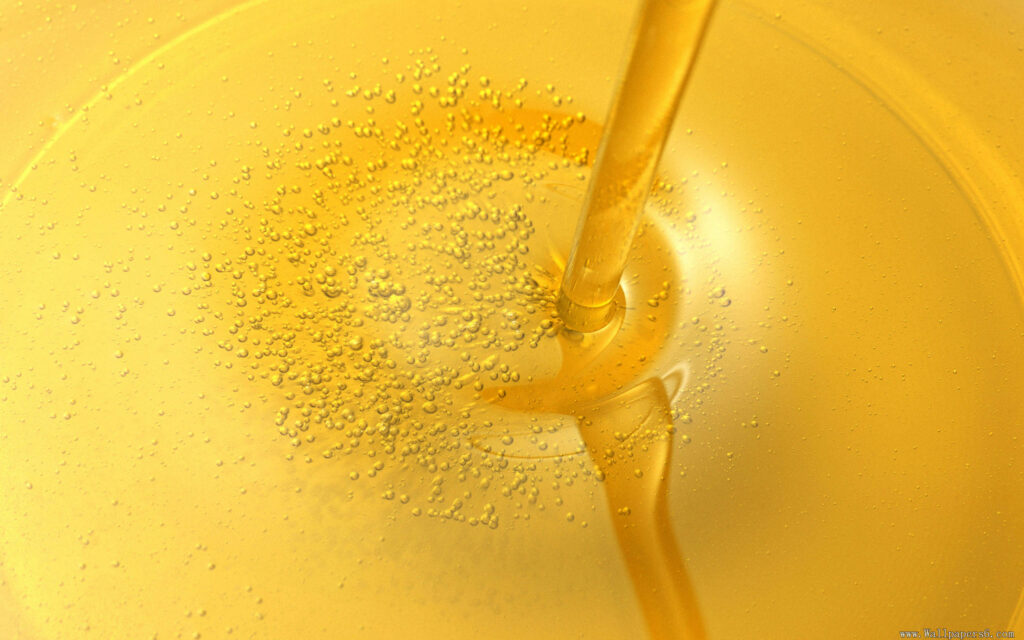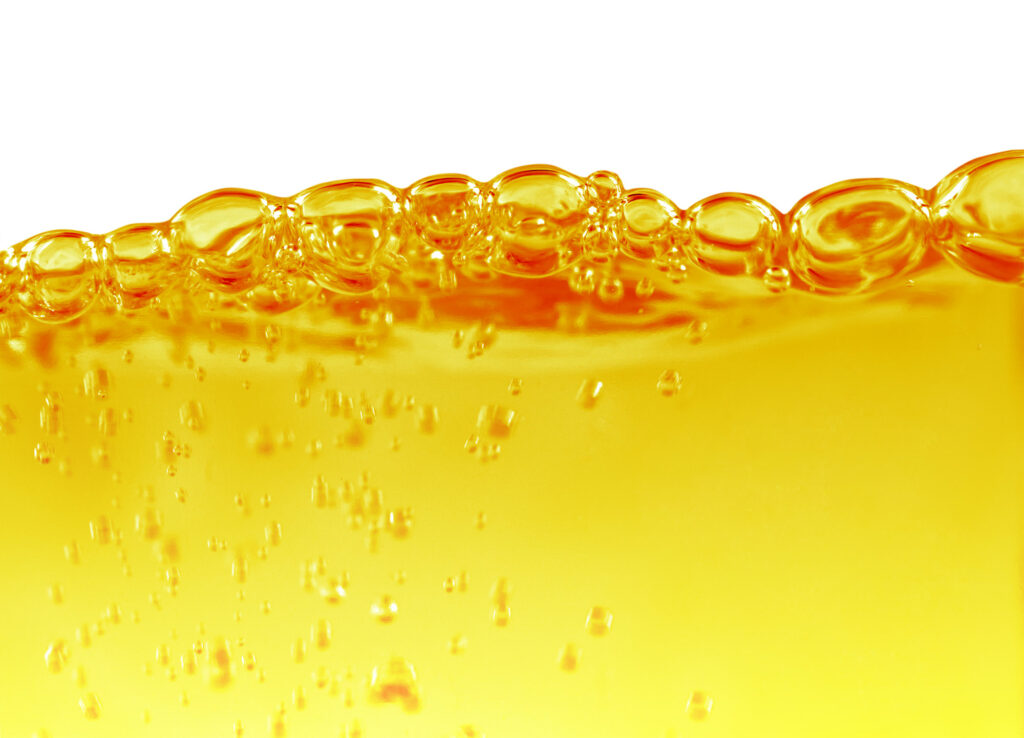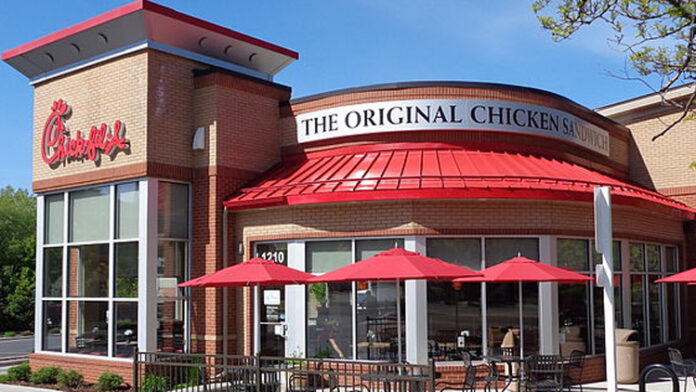The suspect is a man who is accused of swiping surplus oil for cooking out of a Chick-fil-A restaurant.Someplace on the island of Long. There has been a pattern of attacks on the Huntington Station eatery since January, according to the police.
Woodside resident Hector Castrol-Espinal was taken into custody on Wednesday and charged with stealing used oil and the fast food establishment on at least five separate occasions this year.
So why should we care about the grease if it’s something that eateries try to get rid of? The black market value of used cooking oil has skyrocketed, putting hundreds of eateries at danger.
Used oil from Taqi Mohammad’s Indian restaurant is kept in barrels outside. He just doesn’t get why somebody would steal it, he adds.
New Mafia Groups Forms

“We prepare curries.Worse, it’s going to smell.Why would you desire to be anywhere near that stinking oil?” he asked.
However, the Suffolk police reported that oil theft from eateries has become a common occurrence recently. The fact that it can be recycled into environmentally friendly diesel or biodiesel increases its worth. It’s included in animal feed and beauty products.
According to the Suffolk County Police Department, the thieves can simply drive up in a van equipped with a barrel of a particular kind, steal the oil, and drive it to a facility where it can be reprocessed.
Police in Suffolk County estimate that over a hundred incidents of theft of used cooking oil have occurred so far in 2023.
In an effort to reduce restaurant thefts, Patrick McCall, a police officer for cooking oil firms, has coined the phrase “liquid gold” to describe the high value of stolen cooking oil.
The police have requested that proprietors of eating establishments beef up protection surrounding oil tanks. Mohammad claims he will now make an effort to follow your guidance. He advised that I secure it with a lock if it posed a risk.
The Question Then Becomes, “Why Steal Oil?”

However, people are now referring to their used cooking oil as “liquid gold,” despite its low apparent value.
To make a profit, thieves often break into restaurants at night and syphon grease off containers for storage, a practise Suffolk Borough Police said they’ve seen “certainly over 100 occurrences” of this year alone.
Hector Castrol-Espinal, 23, was arrested on Wednesday in Queens for the claimed fifth time he stole used cooking oil from a Chick-fil-A at Huntington Station.
William Scrima, the deputy chief in Suffolk, has remarked, “They typically utilise a van having some kind of barrel on the back part of it.” They plan to transport the used oil to a recycling facility in the rear portion of their van.
An associate professor at John Jay University’s Department of the Criminal Justice Department named Christopher Herrmann explained to PIX11 News that used cooking oil “can be used again and filtrated and used in bio diesel combustion engines.
so without the price of the diesel getting over $5 a gallon.” Oil in a thirty-gallon container costs $150.
John Musovic, owner of the Upper East Side’s popular bar and restaurant Sojourn Social, has a deal with an organization that pays him $50 a barrel to dispose of his restaurant’s used cooking oil. Even so, he claims that bogus corporate employees have tried to steal it from him.
To PIX11 News, Musovic said, “We would be interested in washing your greased traps, let us remove your gasoline, and then random firms would arrive and show up, saying we’re with your organization to check the crude oil, it felt like a giant mafia.”
Also read: Chrissy Teigen’s Public Apologies For Her Previous Harsh Tweets
To Begin, Let’s Define Cooking Oils

Oils used in cooking are often pressed from the mesocarp, kernels, or seeds of plants. Most consumers want a golden yellow liquid, which is achieved by refining, bleaching, and deodorising the oils from their initial crude forms before marketing them.
However, certain edible oils are created by just pressing and filtering oilseeds or mesocarp to be sold in its “virgin” state in order to retain the content of micronutrients that could have been lost in large amounts through the refining process.
These “virgin” oils are typically more aromatic and flavorful than their refined counterparts, despite their hazy appearance.
“Virgin” oils ought to be employed untreated in dressings or for low-heat sautéing to prevent phytonutrient losses, while refined oils are able to be used in conventional cooking methods.
Microcomponents (such as carotenoids and the antioxidant vitamin E, and various other antioxidants) make up the remaining 1-5% of cooking oils, while triglycerides (TGs) make up the remaining 95%-99%. While oil refining removes all carotenoids, most microcomponents “survive” the harsh circumstances.
Also read: Recent Business Endeavours And Personal Tragedies Of The Kardashian Family

Different cooking oils contain fat molecules that differ in terms of the type in fatty acid (FA) and positioning (sn-1, sn-2, & sn-3) on the backbone of glycerol of the TG molecule.
Consequently, customers may be overwhelmed by the variety of cooking oils available, each with its own FA composition, physical features (taste, cloud point, smoky point, etc.), and metabolic impact. All vegetable oils used in cooking contain less than 5 milligrammes of cholesterol per 100 grammes.
Some of the fats used in cooking are solidified forms of liquid vegetable oils. Hydrogenation yields solid fats that are high in trans fatty acids (TFAs), which are harmful to human health.
For this reason, some nations have shifted to using a different method called interesterification, which creates a solid fat without trans fatty acids.
In certain cultures, cooking fats are allowed to harden before being used on a hot metal plate. That’s why there are so many different kinds of oils for cooking and solid fats. It seems that different dishes benefit from the use of different oils and fats.
Also read: The Passing Of Rapper DMX
Conclusion
Lots of your home-cooked meals likely call for the usage of cooking oil. But having you ever thought about the distinctions between oils? Different oils have different properties, thus it’s important to choose cooking oils wisely. Oils have a variety of factors to consider, including their functions, flavors, and forms of fat.

